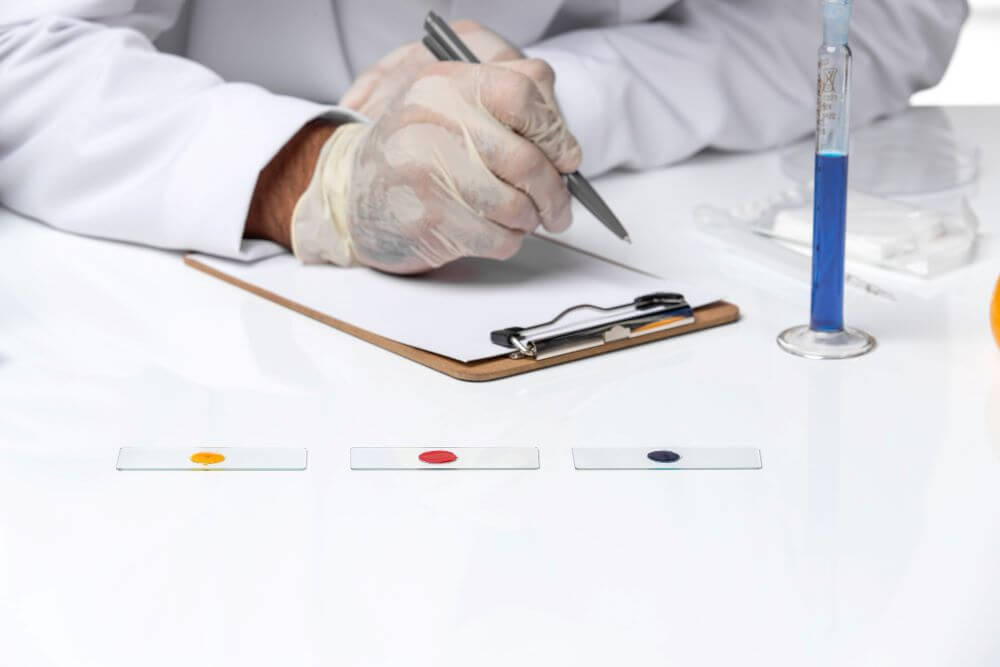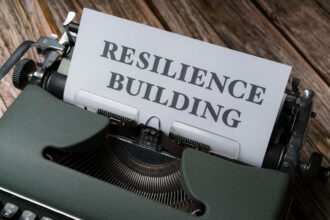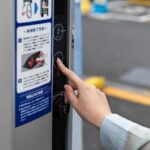Considering a job interview might leave you wondering whether you should test yourself for drugs beforehand. The thought can be stressful, especially if you’re worried about how the results could affect your employment prospects. Testing yourself before an interview can give you peace of mind and help you anticipate any issues that might arise from the employer’s drug testing process. This choice is especially helpful if you’re unsure about what substances might be detected in your system. With companies sometimes conducting drug tests before making formal job offers, being prepared can be beneficial. Knowing your status can allow you to take necessary actions or consult a professional if needed.
Job interviews often come with various challenges and uncertainties. Awareness about company policies, including drug testing, is important in your preparation. Drug tests can occur at different stages in the hiring process, sometimes as early as the interview stage or later when you secure a job offer. By testing yourself first, you make an informed decision about your readiness for potential drug screenings. This proactive step can boost your confidence during the interview, knowing you have covered all possible surprises.
Yet not everyone may need to test themselves. Some jobs or industries are more likely to conduct drug tests than others, and understanding the practices in your field helps. Checking the company’s specific policies on drug testing is a smart move and might provide the clarity you need to decide. Researching or talking to current employees can also uncover how strictly such policies are enforced. Armed with this knowledge, you can focus fully on presenting your skills and qualifications during the interview.
Understanding Pre-Employment Drug Testing
Pre-employment drug testing can play an important role in the hiring process. It aims to guarantee a drug-free workplace and is implemented in various industries to uphold safety and productivity standards.
Common Drugs Tested
Several substances are often targeted in pre-employment drug tests. Common drugs include marijuana, cocaine, opiates, amphetamines, and phencyclidine (PCP).
With increasing laws and different legal standings for substances like marijuana, the list of tested drugs may vary. Some employers may be more concerned about certain drugs based on regional laws or job requirements.
Alcohol is also commonly tested to guarantee both short- and long-term consumption isn’t affecting potential hires. Employers can find effective workplace alcohol and drug testing kits here, which can yield accurate and quick results.
Purpose of Drug Screening
Drug screening before employment is mainly used to maintain a safe and productive work environment. Employers often want to avoid the risks associated with drug use, such as accidents or decreased efficiency.
Testing can also act as a deterrent, discouraging potential hires from using drugs. It shows a company’s commitment to employee well-being and safety, setting workplace conduct standards.
It helps reduce absenteeism and turnover rates by identifying those who might pose a risk. The practice is particularly common in sectors like transportation, healthcare, and construction, where safety is a priority.
Types of Drug Tests
There are several methods for pre-employment drug testing. The most common types include urine, saliva, hair, and blood tests.
Urine tests are the most prevalent due to their simplicity and ability to detect recent drug use. Saliva tests are non-invasive and can detect more immediate drug use, making them popular for quick testing.
Hair tests can provide data on long-term use but are less common due to higher costs. Blood tests offer accurate results but are rarely used in pre-employment scenarios due to their invasive nature.
Each type of test has its own benefits and limitations, often selected based on the employer’s specific needs and budget.
Preparing for a Pre-Interview Drug Test
If you need to take a drug test before a job interview, it can be helpful to prepare in advance. This includes evaluating the need for testing yourself, choosing the right drug testing kit, and understanding how the results are interpreted.
Evaluating the Need for Self-Testing
Consider testing yourself for drugs before an interview to gauge if you’ll pass an official test. This can reassure you and help avoid surprises. Ask yourself if there’s a chance of drug presence in your system, even if you haven’t used any drugs but take prescribed medication or supplements. Be aware of policies around drug use in the workplace. It’s wise to assess potential employers’ testing policies and whether the role involves strict drug protocols. Knowing this can aid in making a sound decision about self-testing.
Options for Self-Testing Kits
There are various self-testing kits available that can help you determine drug presence in your system. Home kits cover different substances, such as marijuana, cocaine, and opiates. Kits provide an easy way to collect samples, typically urine, and offer quick results. Look for kits that provide a stress-free experience. Compare prices and read reviews to find out which kit suits your needs best. Make sure the kit you select gives accurate feedback to prevent issues during an actual test.
Reading and Interpreting Results
Understanding the results is important once you’ve taken a test at home. Positive outcomes may require discussing things with a healthcare professional, especially if you’re using prescription drugs. Results are often colour-coded, with guides provided in the kit explaining each result. Familiarise yourself with what each outcome signifies. If you see a result you weren’t expecting, consider retaking the test or seeking advice. Understanding these outcomes guarantees you are better prepared for the official testing process.
Conclusion
Testing yourself for drugs before a job interview can help you feel more confident. You will know in advance whether you might face any issues if the employer decides to conduct a drug test.
It is always smart to understand a company’s drug testing policy. Research the rules and regulations that apply to your situation. This preparation can guide your next steps.
Consider such a test an opportunity to guarantee your readiness. It might save you from potential surprises. This preparation can be a step towards success in your job search.

















